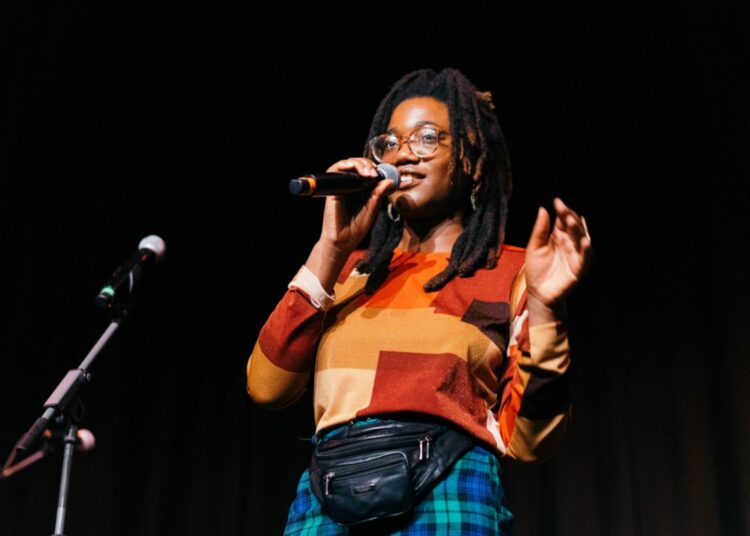Diasporan Nigerian music artistes, Jumoke Adeyanju and Ajoke have said there are more opportunities for alternative and smaller artistes in the diaspora than in Nigeria.
Adeyanju (poet and singer) and Ajoke (singer) made this known at the latest JosPlay X Space series titled: ‘Thriving Outside The Motherland: Building Global Careers As An Afro-fusion Artiste In The Diaspora’.
According to Adeyanju, Lagos – the economic and creative capital of Nigeria, is missing spaces that host activities as Jam Sessions where smaller and non-mainstream artistes can network with other musicians and explore collaboration opportunities.
The artiste who currently lives in Europe, noted that there are more performing spaces and funding opportunities for alternative and non-mainstream artistes abroad compared to Nigeria.
“There is an avenue of where you can go as an alternative artiste here in the diaspora,” she however, added that “finding a producer who understands your music, without trying to force their own influence on where they think you should go, is hard.”
Such an occasion, demands that Nigerian and foreign artistes in the diaspora maintain their originality – especially when creating in a different culture far from home.
“It is a constant struggle, more so, for me, because my lyrics are in Pidgin language. There is a temptation to want to make people understand what you are doing (temptation to abandon your unique sound and follow trends). However, it works out better when you try to create a platform to talk about the meaning behind your music,” said Ajoke.
Platforms such as playing at friend’s or at gatherings holding in and around artistes area of residence in the diaspora, he said, helps artistes develop a direct audience. In cases where one’s sound is novel, “it is like a shock to your audience because they’ll be coming up to you and asking “what’s that sound?”. It’s new to them. It’s like you are breaking the sound to them first, such that you can turn that into a commercial opportunity. Conversely, with Afrobeats now a rising phenomenon, “it brings a certain familiarity to people. That way, I can step out and say “this is my sound”, and it won’t be strange to them.”
To maintain her originality, Adeyanju leans into creating her own trend, and on the universal capacity of music to express emotions and transmit message regardless of language or sound.
“The beauty of being yourself is when you create a music in Nigeria in Igbo language and someone in Brazil connects to and understands the message you are transmitting. Same goes for my poetry. It eases my mind to not think too much of how people see my lyrics.
“For me, its all about creating my own trend. Digging into the history of the music I like or want to do, understanding the history around that, in order to create a brand-new identity or imprint in what I am doing. It’s like becoming your own musicologist.”
For afro artiste migrants, Adeyanju advised that they explore the residency route, a platform the diaspora has in abundance compared to the very few residencies in Nigeria, that are largely literary or visual arts inclined.
“You can apply for residencies in Europe as short as three months for a start. Above all (as a migrant artiste) you need to tap into the networking game, ask questions, go to shows. I’ll encourage you to support others too in order to receive the support you need,” said Adeyanju.











